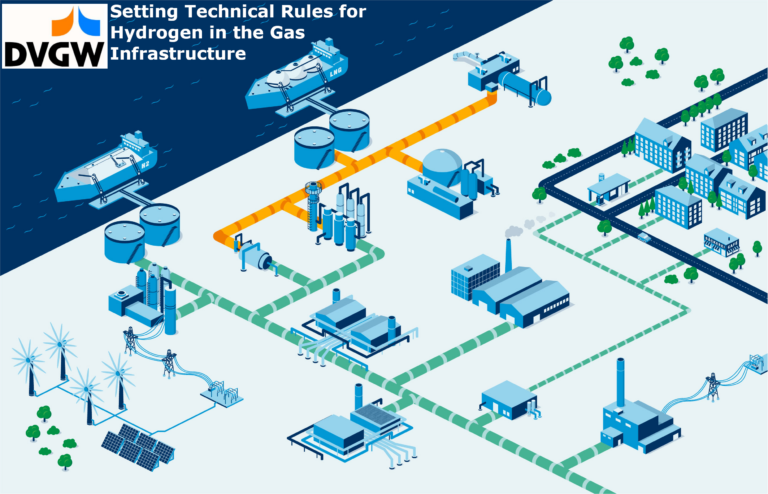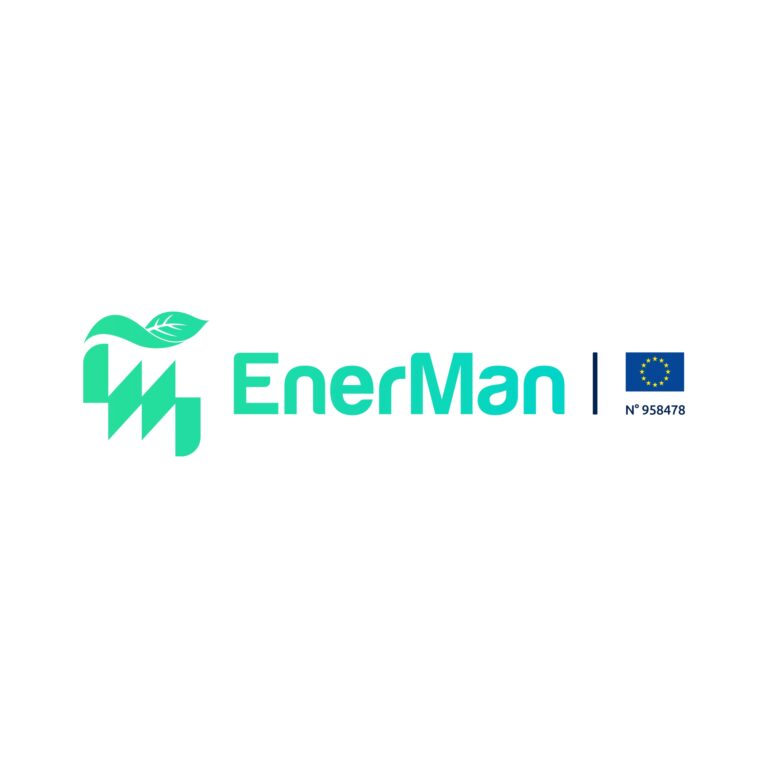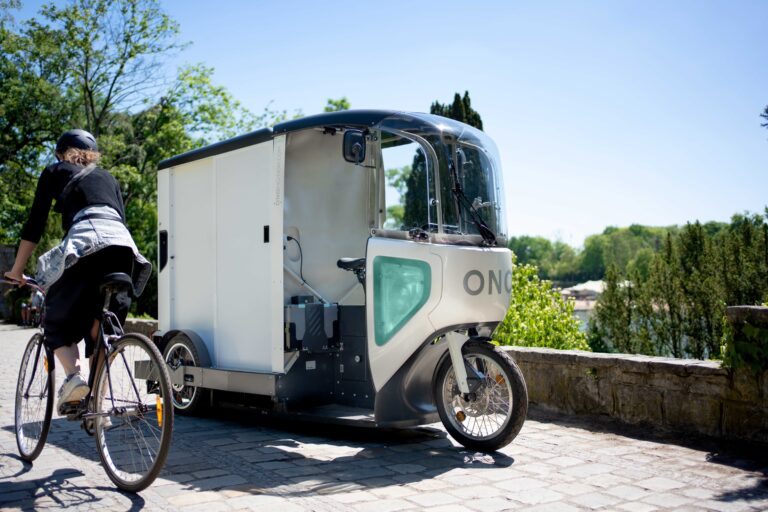Oil-free high temperature heat pumps: A Game-Changer and cost effective for clean heat Industrial applications?
High-temperature heat pumps are becoming an increasingly important technology for decarbonizing industrial processes. One of the latest advancements in this field is the development of oil-free, high-temperature heat pumps.
This topic we are going to explore in today’s interview with Khalid, PhD candidate at Norwegian University of Science and Technology (NTNU). His work focuses on increasing efficiency while reducing costs, two critical factors in making these systems commercially viable.
Why Oil-Free?
Traditional high-temperature heat pumps rely on oil-lubricated compressors, which are the heart of the refrigeration system. However, the presence of oil in the system can degrade heat exchanger performance, especially at high compressor discharge temperatures (200°C), while also increasing maintenance requirements and installation costs.
To address the challenge, Khalid, a PhD student, is currently conducting experimental research on an oil-free system that utilizes a natural working fluid and ammonia-water mixture. By eliminating oil, the compressor has been modified to allow the injection of the ammonia-water mixture, which works as a cooling, sealing, and reduces the compressor discharge temperature. The system is currently under preliminary investigation and has achieved a heating capacity of 70 kW with a heat sink outlet (process water) temperature of 110°C.
Efficiency Gains and Challenges
One of the primary objectives of this research is to improve the coefficient of performance (COP) while simplifying the system design. Unlike conventional two-stage compressor setups, this oil-free approach relies on a single compressor, reducing both costs and complexity. Initial results show that their system can heat water from 60°C to 110°C using a single-stage process, a notable achievement given that most high-temperature heat pumps require multiple compressors and oil-based lubrication.
However, challenges remain. Controlling the thermodynamic behavior of ammonia-water mixtures requires precise system management. As the ammonia concentration change the boiling point changes dynamically, affecting pressure and temperature stability. A sophisticated control system is needed to ensure optimal performance under varying industrial conditions.
Industrial Applications and Collaboration
Industries requiring process heat such as food processing, chemical manufacturing, and district heating—stand to benefit significantly from high-temperature heat pumps. Khalid’s work presents an opportunity to cut operational costs while making heat pump adoption more attractive for businesses looking to transition away from fossil fuels.
To bring this technology to market, further research and industry collaboration are essential. The research team is actively seeking partnerships, particularly with compressor manufacturers and heat exchanger developers, to refine and commercialize their system.
Looking Ahead
While the research has already achieved promising results, the journey toward commercial viability is ongoing. Future steps include long-term stability testing, optimizing system controls, and scaling up from lab-based prototypes to industrial-scale applications. The goal is clear: a cost-effective, efficient, and oil-free high-temperature heat pump that can meet the demands of energy-intensive industries.
With increasing global emphasis on reducing industrial carbon footprints, innovations like this could play a crucial role in the energy transition. The potential to enhance efficiency while lowering costs makes oil-free high-temperature heat pumps an exciting development to watch in the coming years.
Stay Connected
Khalid’s work is pushing the boundaries of what high-temperature heat pumps can achieve. Do you think oil-free systems will become the new standard in industrial heating? What challenges do you see in scaling this technology? Let’s discuss—drop your thoughts in the comments!
If you’re curious to learn more, you can connect with Khalid here.
Want to stay ahead of the curve in energy tech? Follow my blog for exclusive interviews, insights, and deep dives into the technologies shaping our future!
Further Readings
- Hamid, K., Ren, S., Tolstorebrov, I., Hafner, A., Wang, C. C., Sajjad, U., & Eikevik, T. M. (2025). Development and experimental assessment of oil free combine absorption-compression heat pump with NH3/H2O mixture working fluid. Applied Energy, 383, 125352.
- Hamid, K., Ren, S., Tolstorebrov, I., Hafner, A., Sajjad, U., Arpagaus, C., … & Eikevik, T. M. (2025). Experimental optimization of an absorption-compression heat pump with wet compression for large temperature glide industrial applications. Renewable Energy, 122531.
Photos credit: Daniel Albert, SINTEF
Photos credit: Daniel Albert, SINTEF






